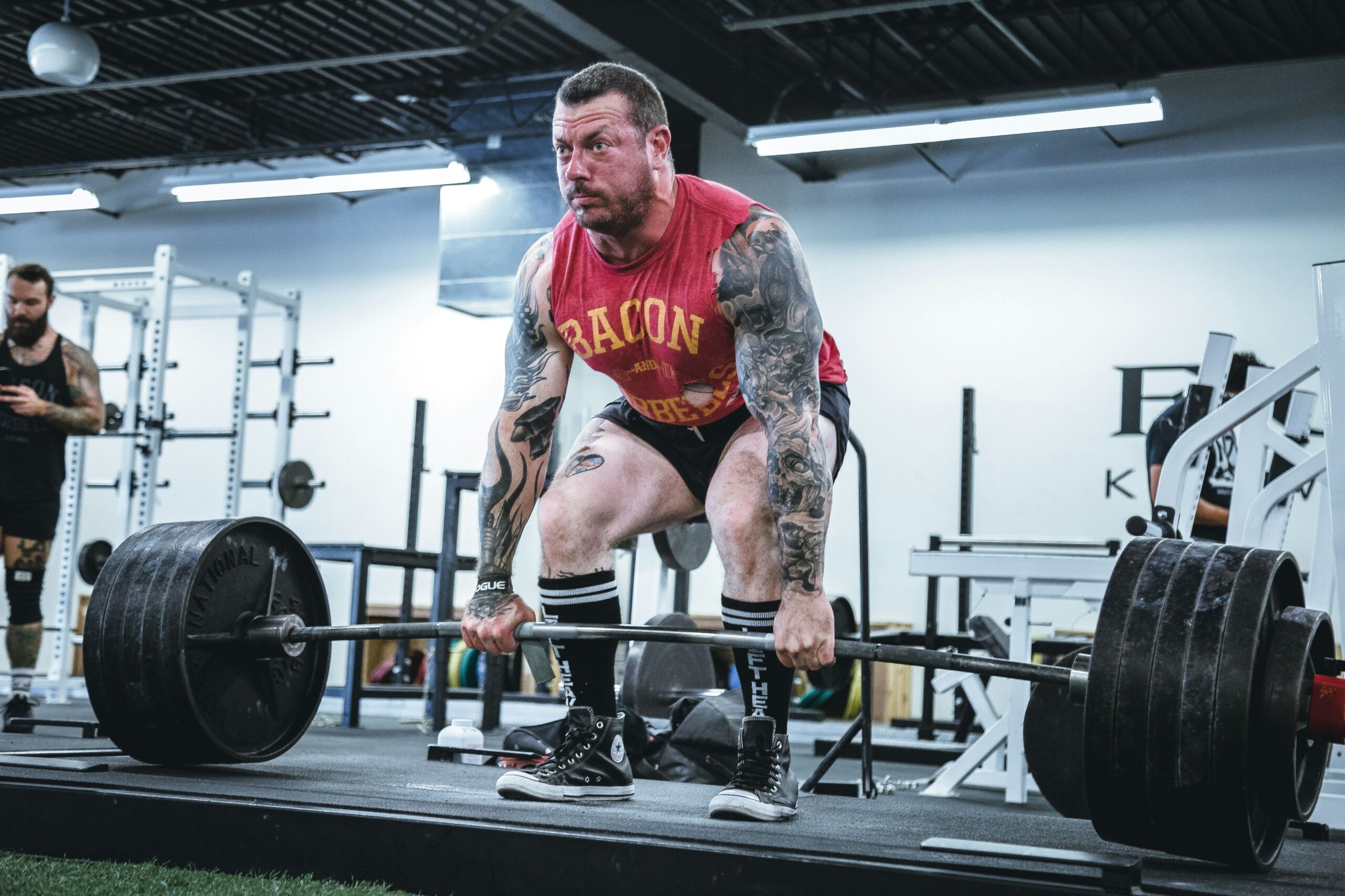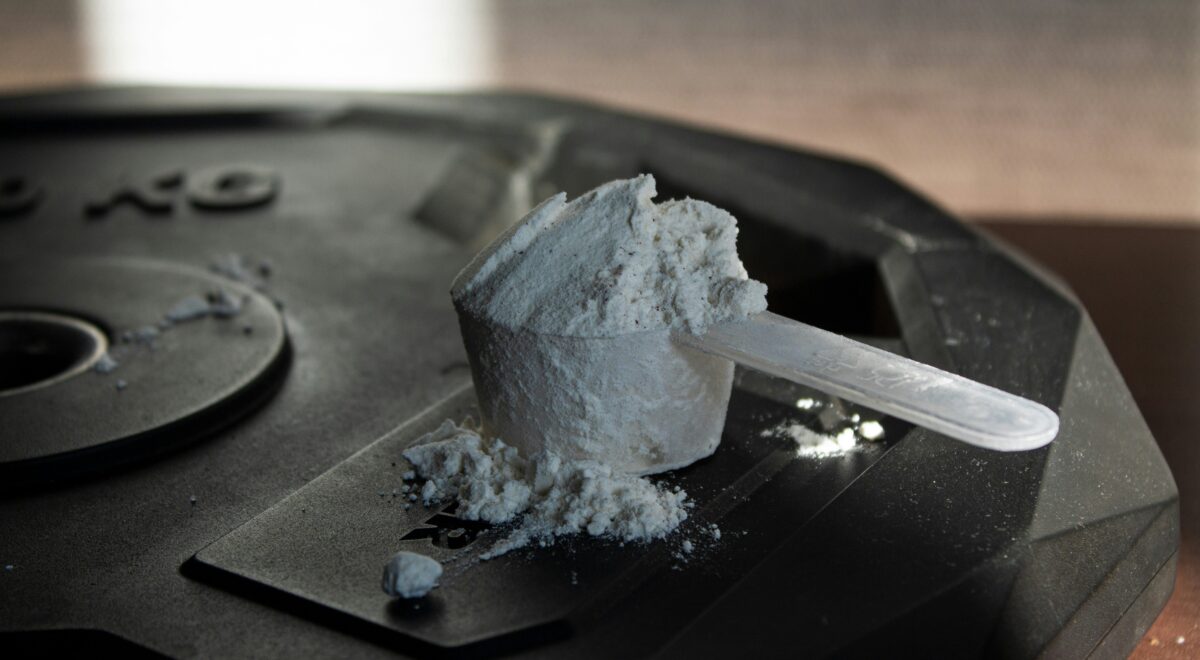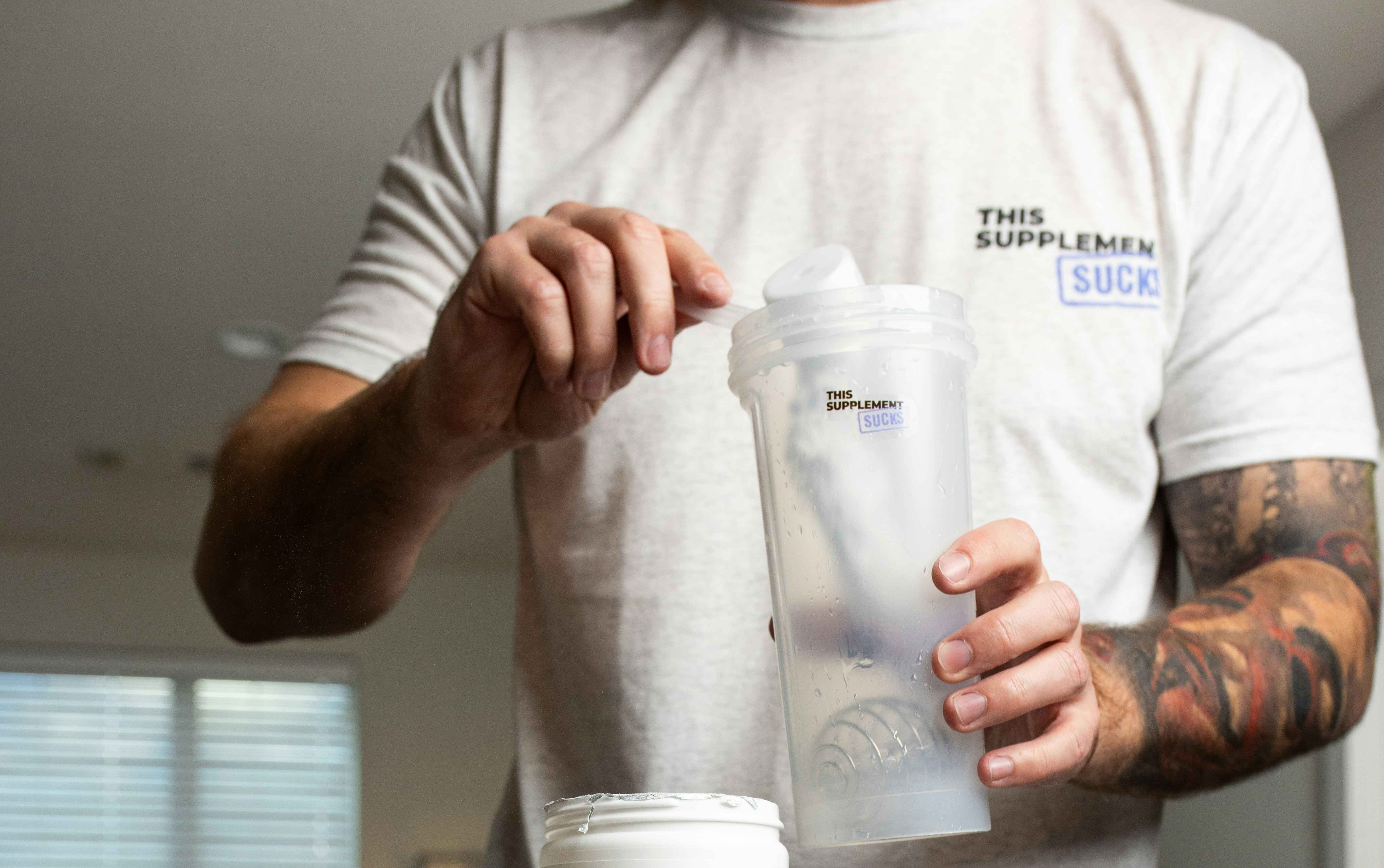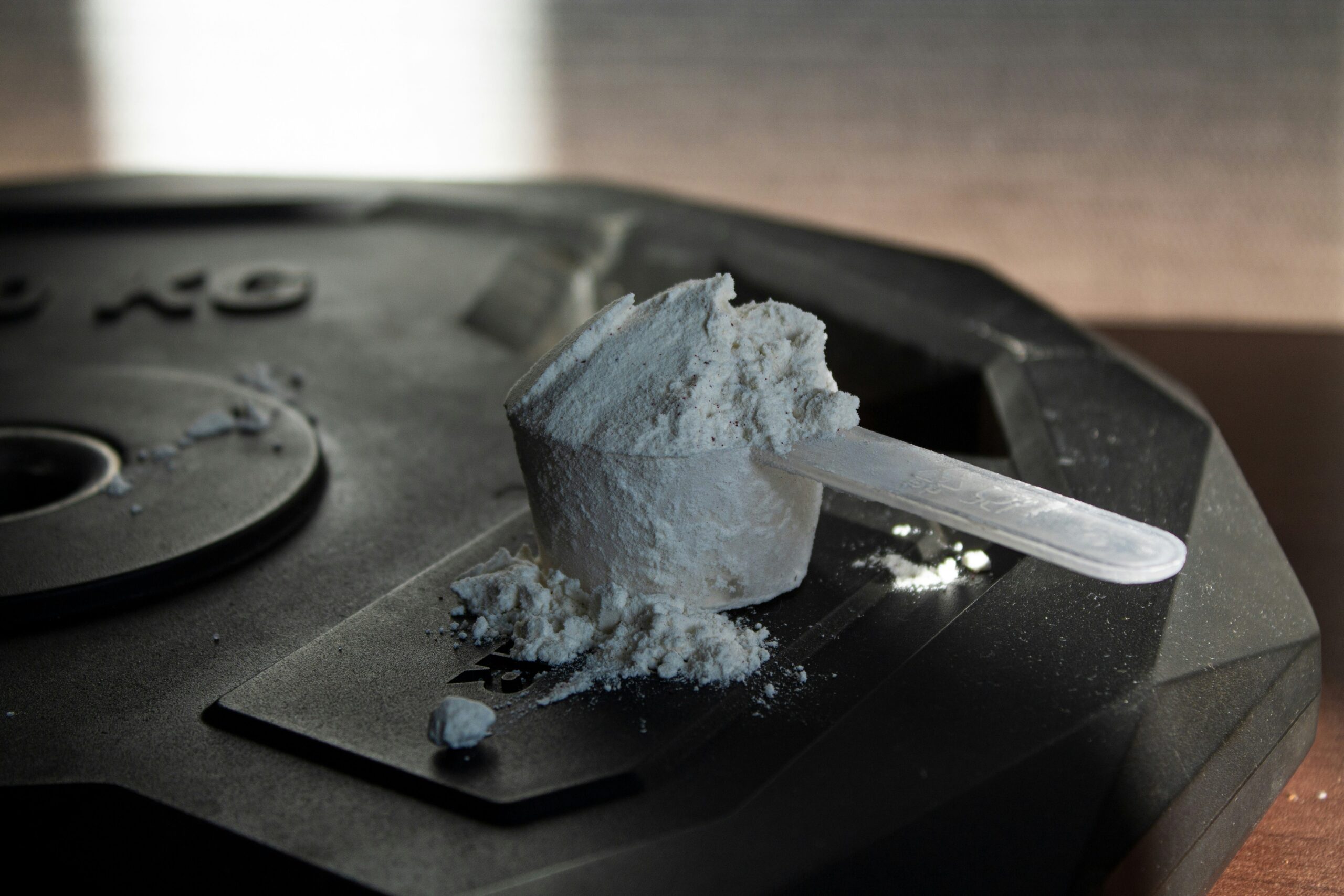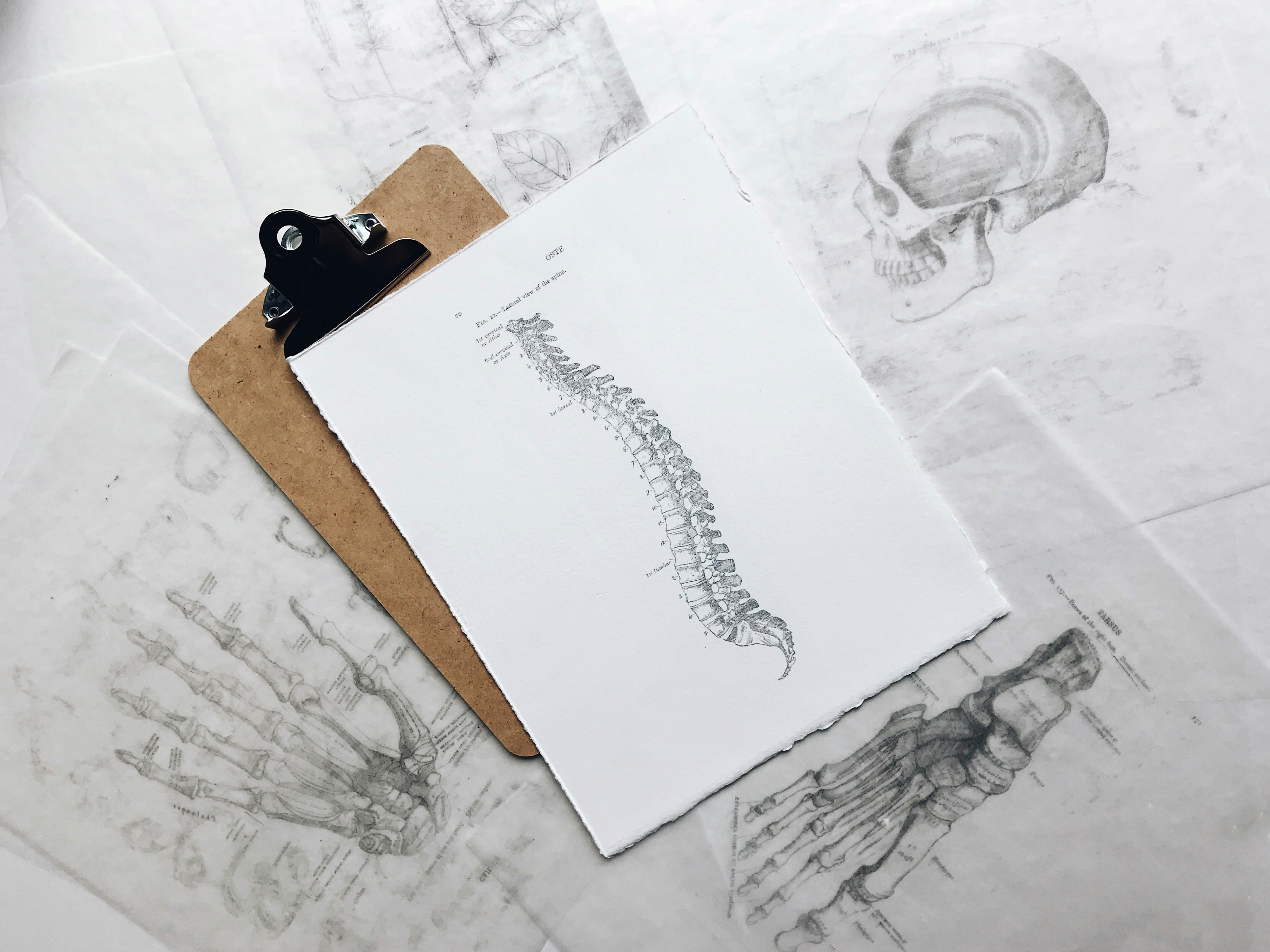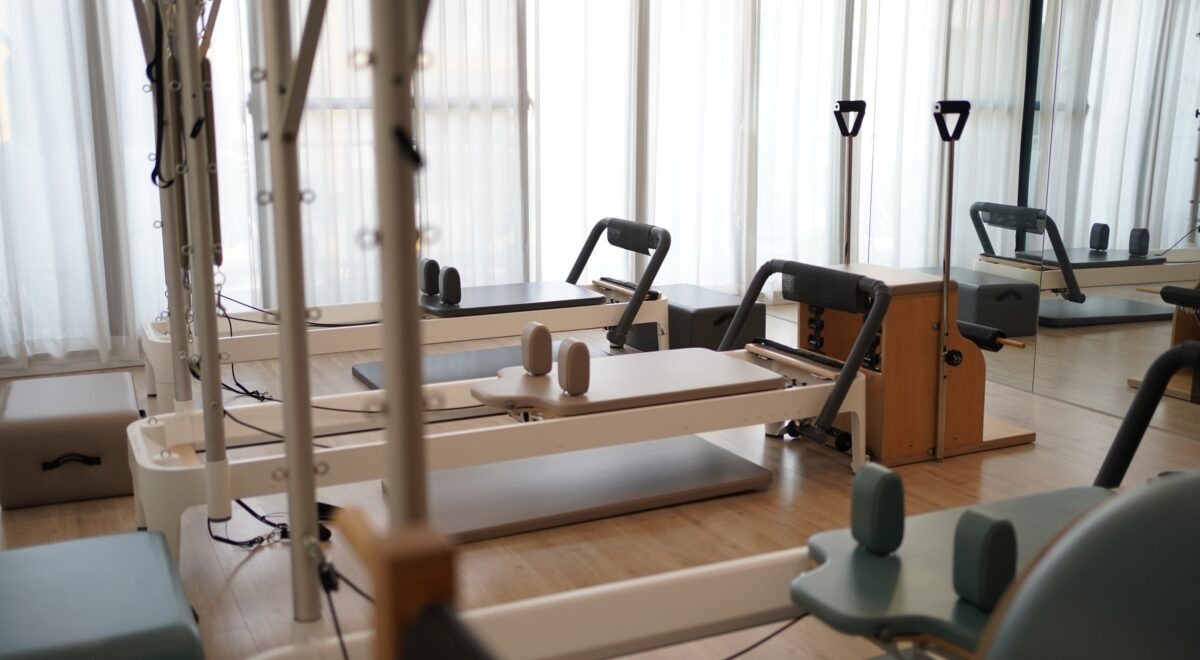Talk to most men about hormones and chances are, they’ll talk about Testosterone & how to increase “T-Levels”. And yes, Testosterone is the primary male hormone, responsible for many functions including governing masculine characteristics, helping with muscle building & impacting sex drive. But if we scratch the surface of hormonal balance & it’s role in fitness, we realise that Testosterone has a significant role, but isn’t the only actor in this play. The delicate balance of hormones in the male body influences everything from physical prowess, energy levels, longevity and even impacts mental health in a large way & finding natural ways to balance male hormones is key to optimising your health.
Hormones play a significant role in regulating various bodily functions, including metabolism, muscle growth, energy levels, and even mood. A hormonal imbalance of any kind can lead to health concerns that affect quality of life, such as reduced vitality, increased fatigue, and even mental health concerns.
Hormones are chemical messengers produced by various glands in the endocrine system, including the pituitary, thyroid, adrenal glands, and testes. Cortisol, commonly known as the “Stress Hormone”, Growth Hormone which helps in muscle growth and Melatonin which helps regulate sleep are all a part of the hormonal system, having designated roles to play in the optimal functioning of the body. Thyroid hormones, such as thyroxine (T4) and triiodothyronine (T3), regulate metabolism and energy production, affecting overall fitness and body composition.
Balanced hormones, apart from affecting physical attributes like muscle mass, energy levels, and sexual health, also impact mood, cognitive function, and overall well-being. While there may be over 200 hormone or hormone like substances in the human body, the ones that play an important role in our health according to current research are;
- Testosterone: Testosterone is the primary male sex hormone. It plays an essential role in the development of male reproductive tissues, including the testes and prostate. It is also responsible for secondary sexual characteristics like facial hair growth, deepening of the voice, and muscle mass. Testosterone influences muscle growth, sex drive (libido) and has a significant impact on bone health and overall well-being.
- Cortisol: Though primarily a stress hormone, cortisol also helps with blood pressure maintenance, sleep-wake cycles and blood sugar regulation. Like many other biological functions, Cortisol release is tied to a circadian pattern, with maximum release right before we wake up.
- Insulin-Like Growth Factor 1 (IGF-1): IGF-1, produced in the liver under the influence of growth hormone, plays a significant role in muscle growth and repair. It’s essential for tissue development and overall physical growth.
- Thyroid Hormone: Secreted in the Thyroid Gland, it controls metabolism and also affects growth, maturation and nervous system activity.
- Adrenaline or Epinepherine: Responsible for increasing blood pressure, heart rate, and metabolism in reaction to stress.
- Melatonin: Secreted by the pituitary gland to help regulate sleep
Genetics have a large role in Hormonal health & malfunctions in glands can lead to diseases such as Hypo-Hyper Thyroidism and others. But, lifestyle factors play a large role in regulating this complex web of hormone secretion & regulation.
For instance, Testosterone levels start to naturally decline with age, typically around the age of 30. This decline is gradual and can lead to a decrease in muscle mass and bone density, reduced energy, and changes in sexual function. Conditions like obesity and type 2 diabetes are also linked to lower testosterone levels. Chronic stress, raises cortisol levels, and in turn suppresses testosterone production. The good part though, is that even though most of these factors are not in our control, a lot of things that boost Testosterone are. For instance, a diet rich in nutrients like zinc and vitamin D can regulate & promote Testosterone secretion. Resistance training can also help maintain healthy testosterone levels by stimulating the body to produce more testosterone. A good night’s sleep can do wonders for testosterone levels, as they rise with the onset of sleep and reach a peak at the first REM sleep episode.
Hormonal balance in the body is a fragile equation, affected by various factors, some of which may be out of your control. Natural decline with age, chronic illness & genetics all have an effect on your hormone levels. Seeing the significant impact hormones have on your health, it’s natural to jump the gun & consider supplements that claim to increase testosterone or even testosterone replacement therapy in extreme cases. But, before going in for pharmaceutical interventions, these natural strategies may provide an effective, more sustainable alternative.
- Balanced Diet: Consume a diet rich in whole foods, including lean proteins, healthy fats, and a variety of fruits and vegetables. Nutrients like zinc, vitamin D, and omega-3 fatty acids positively affect hormonal health.
- Regular Exercise: Regularly engage in physical activity, combining cardiovascular exercises and strength training. Exercise helps maintain a healthy weight and can boost testosterone levels.
- Adequate Sleep: Ensure you get 7-9 hours of quality sleep per night. Sleep is essential for hormone regulation and repair processes. During deep sleep, the body undergoes various restorative processes, one of which is the release of testosterone. Research shows that men who consistently experience sleep disturbances or insufficient sleep often have lower testosterone levels.
- Stress Management: Chronic stress can disrupt hormonal balance. Incorporate stress-reduction techniques such as meditation, yoga, or mindfulness into your routine.
- Limit Alcohol and Caffeine: Excessive alcohol and caffeine consumption can negatively impact hormone levels. Consume these beverages in moderation.
- Weight Management: Maintain a healthy weight through a balanced diet and regular exercise. Obesity can lead to hormonal imbalances, particularly insulin resistance.
- Avoid Endocrine Disruptors: Various [endocrine disruptors](https://tau.amegroups.org/article/view/19857/html#:~:text=Embryonic exposure to DEHP has,of phthalates exposure (19).) exert their effects on semen quality and testosterone through distinct mechanisms. Reduce exposure to endocrine-disrupting chemicals found in certain plastics, pesticides, and household products.
- Regular Check-Ups: Schedule regular check-ups with your healthcare provider to monitor your hormonal health and address any concerns.

















